As farmer Ahiaba Sylvanus recalls, it never used to be necessary to spray maize, millet and guinea corn with pesticides in the Nigerian state of Kaduna, where he lives. But the recent long drought, likely resulting from climate change, weakened the cereal crops, which were then attacked by insects.
“Maize is a very important crop for farmers but the advent of insects and the fall army worm (FAW) has increased the price of corn because we now have to spend money buying pesticides to ward off infestation of the farm,” Sylvanus explained.
Maize farmers can lose up to 80 percent of their crop in severe situations if they fail to spray their farms as pests feed on the stalks, he said. “The stem borer will enter the inner-most peak of the maize and start feeding on it and within a short time the maize will completely die. It has devastating effects on the maize farm.”
Nigerian scientists are working to provide farmers like Sylvanus another option — genetically modified maize known as TELA that can resist insects and drought.
Maize is one of Nigeria’s most important staple foods, said Prof. Mohammad Ishiyaku, executive director of the Institute for Agricultural Research (IAR), Zaria, where the research is underway.
Due to insect pressure, drought, inadequate access to affordable fertilizer and other factors, Nigerian farmers can’t meet the yearly demand for 20 million metric tonnes of maize. So the country now imports about 8 million metric tonnes per year.
One strategy for bridging that gap is developing improved varieties that are resilient against insect pests and drought, prompting Nigeria’s participation in the TELA maize project. Smallholder farmers in South Africa are already growing the crop, and Kenya and Mozambique have conducted successful field trials. Ethiopia and Tanzania are conducting similar research.
TELA maize potential
“Preliminary trials with TELA hybrids have shown marked differences in yields,” said Prof. Rabiu Adamu, principal investigator of the IAR project. The TELA hybrids could produce up to 7.5 tonnes per hectare, as opposed to current commercial best hybrids that yield 6 tonnes per hectare.
“The benefit of TELA maize to Nigerian farmers will be quite enormous when hybrids are commercially released,” Adamu said. “It will drastically cut yield losses by farmers due to stem borers, fall army worm and drought by more than 80 percent. This will boost farmers’ production and will generate more income as higher yields will be obtained.”
Listing more advantages of the crop, Ishiyaku said it would lower farmers’ production costs as they would no longer have to spend so much on insecticides. TELA varieties can also germinate with even low amounts of rainfall.
“The cost of production is one thing that makes the eventual product expensive,” Ishiyaku said. “So, this is the benefit that farmers will have; they will have more income and we will have a safer environment because there will be no insecticide used to protect the maize.”
Ensuring safety
Because TELA is a product of genetic engineering/modification, it must be approved by the National Biosafety Management Agency (NBMA), Ishiyaku noted. Scientists are now computing all their research data, which will be presented in a dossier to the regulatory agency. The product will pass through all the necessary processes to authenticate its safety, he said.
If the NBMA accepts the dossier, the variety release committee will review the data to assess the agronomic superiority of the new varieties. “Hopefully in the next one year we should be able to accomplish both activities,” he stated.
Adamu explained that four steps must be completed before the TELA hybrids are widely available to farmers: confined field trials; presentation of data/dossier for approval; multi-locational trials; and approval for commercial release.
The TELA project has completed the first two steps, he said. Once it secures NBMA approval it will advance to the multi-locational trials to further validate the effectiveness of the varieties in different areas of the country. These trials likely will be conducted in 2022, Adamu said.
He projected that the TELA maize hybrids will reach Nigerian farmers by wet season of 2023.
Benefit to farmers
“We will feel a great relief, financial wise, if there is a seed that is resistant to the pests and insects associated with planting maize,” said farmer Sylvanus.
Dr. Issoufou Kollo, regional director of AATF, which is managing the international collaboration to develop TELA, said the way to gain farmer acceptance “is to make sure it gives farmers a higher yield. That’s the key for success. For farmers, the first criterion is yield and this is why I think TELA will be successful. Farmers will benefit tremendously from it.”
Adamu concurred, noting that TELA maize will result in better yields, higher incomes, food security and improved socio-economic status for farmers.
“These TELA maize hybrids will help farmers produce more reliable harvest under moderate drought conditions,” Adamu said. “Better grain yields and quality will be obtained because of reduced or insect damage.”


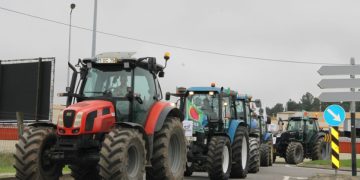



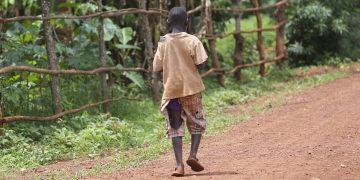

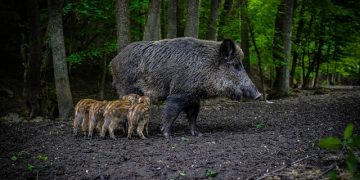

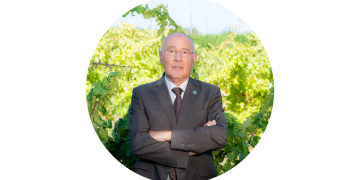








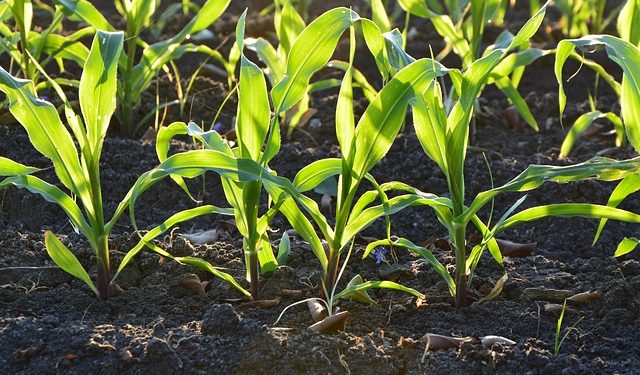
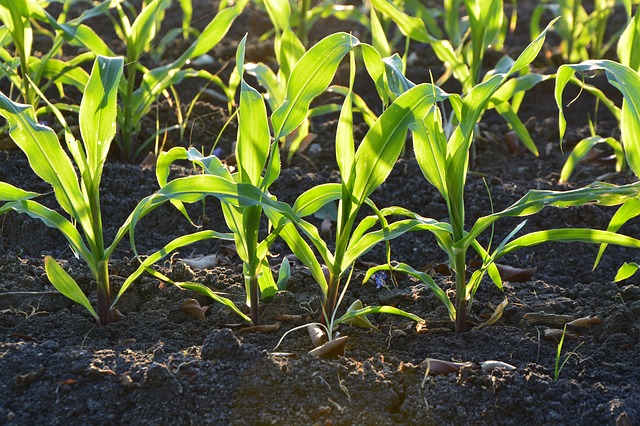






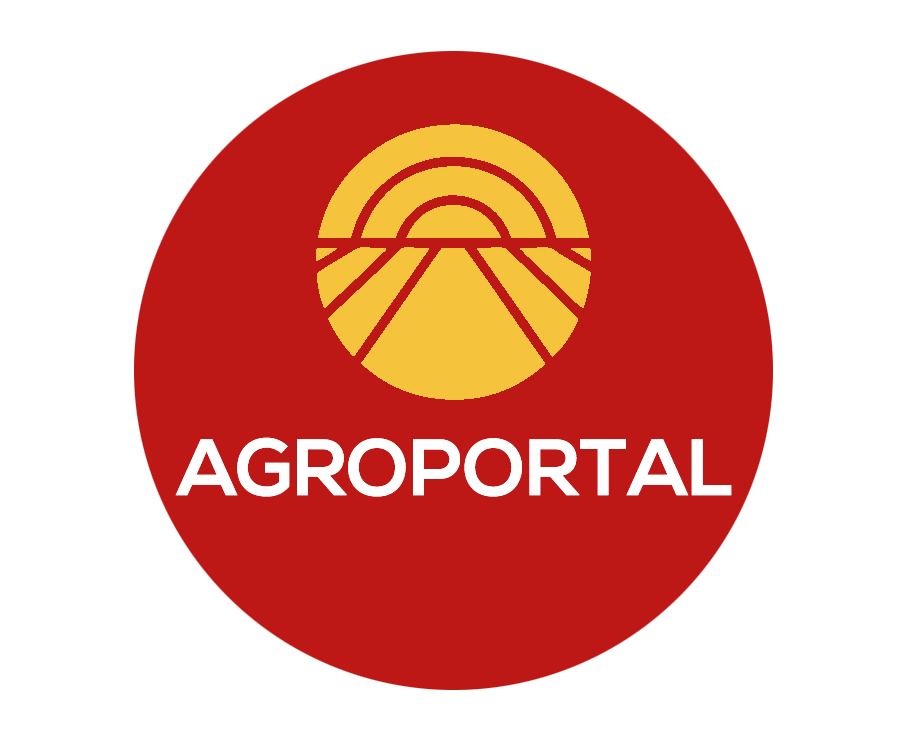


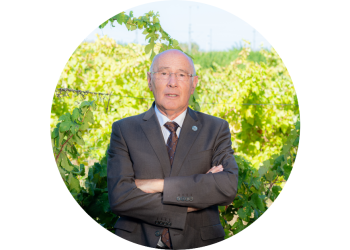



















Discussão sobre este post